
Lebanon and Israel’s historic maritime border deal
The decision to agree on their maritime borders will benefit Israel and Lebanon, but it remains to be seen whether the region can become a natural gas hub…







The decision to agree on their maritime borders will benefit Israel and Lebanon, but it remains to be seen whether the region can become a natural gas hub…

The 2022 energy crisis produced higher prices and policy changes that encouraged investment in the oil and gas sector again…
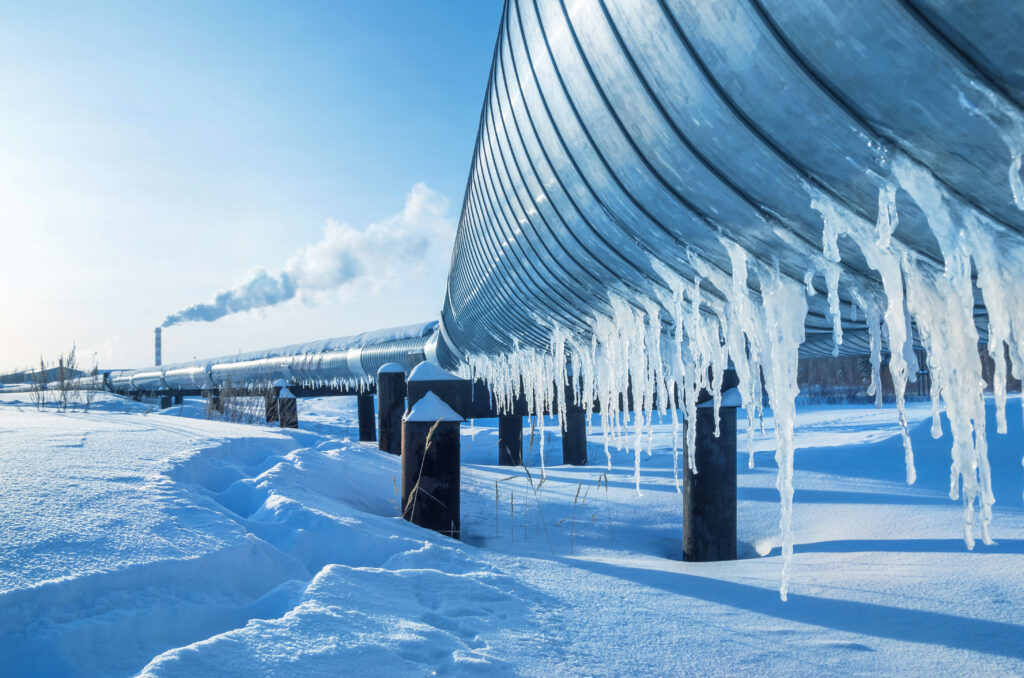
While Moscow’s weaponization of energy flows has stung Europe, Russia will pay the biggest price for the loss of its most important market…
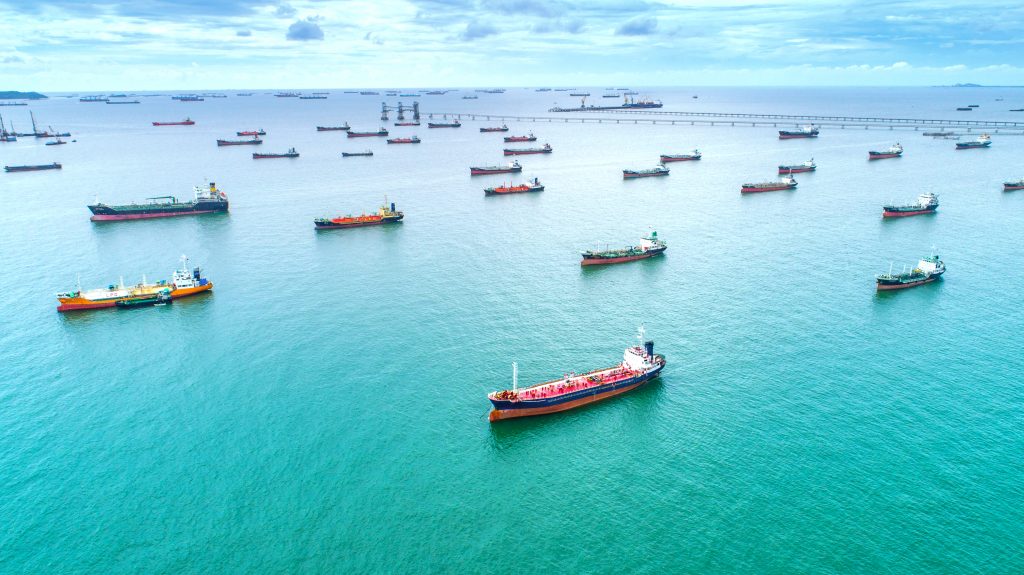
Despite Western sanctions and volatile prices, Russian oil exports proved resilient last year. The global oil market may face different challenges in 2023…

2022 was said to be the year when green transition momentum was halted by energy security concerns. But in truth it was the year when harsh and conflicting energy realities…
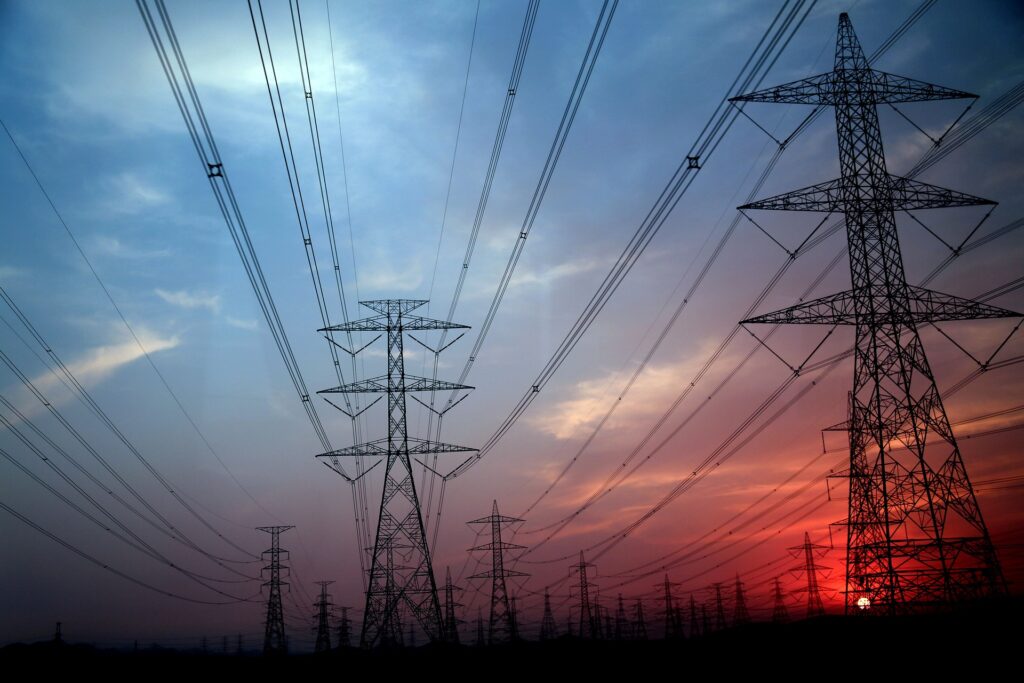
Governments interfere with pricing mechanisms to shield consumers and companies from rising energy costs, but such measures only deepen the problems in the long run…
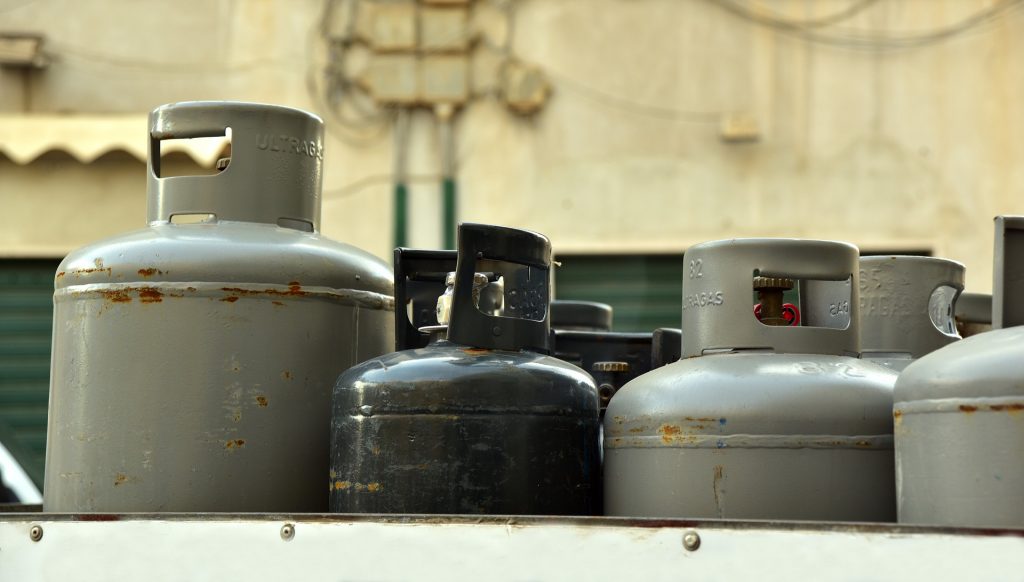
Algeria, Egypt and Israel can increase their gas shipments to energy-desperate Europe, but they can reduce its dependence on supplies from Russia only so much…

Immediately after Russia’s invasion of Ukraine, world oil prices jumped above US$100 per barrel, hitting US$130 for Brent crude on March 8…
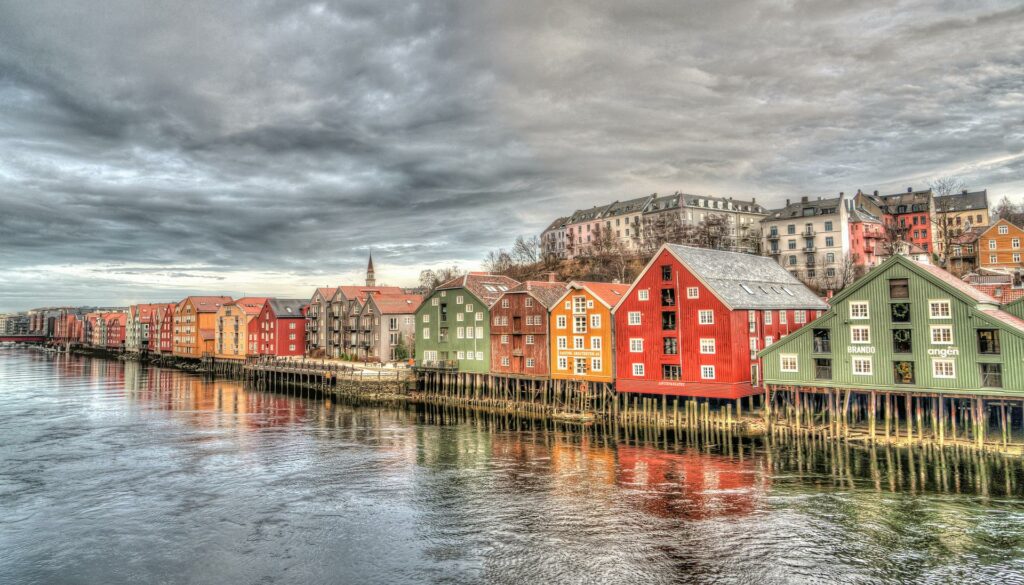
Norway has the potential to play a bigger role in Europe’s gas market if the government can balance economic interests with its climate agenda…
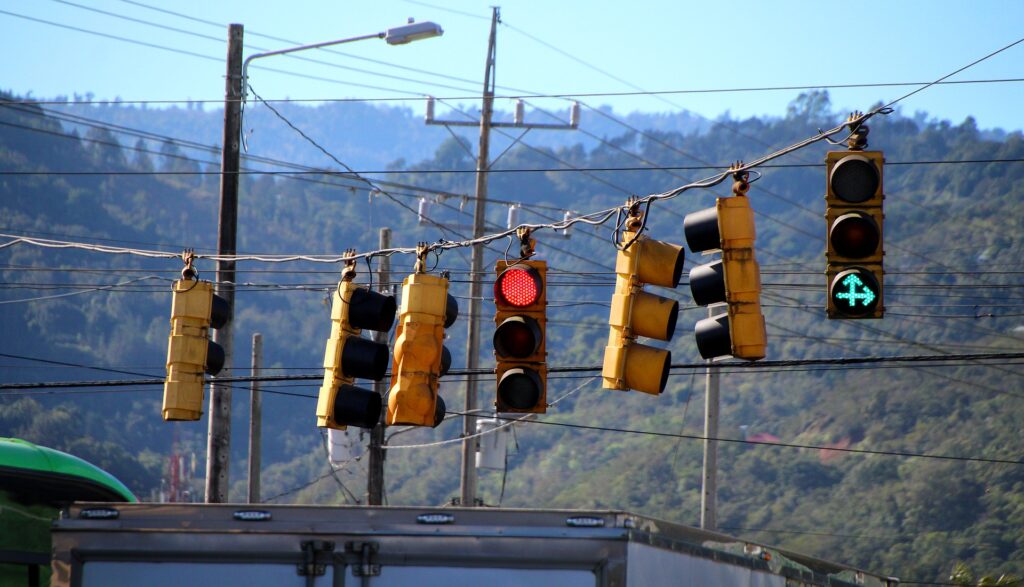
Governments are scrambling for more oil and gas. Earlier they stymied the industry’s investment with climate policies. The policy about-face has sown confusion and concern…

LNG production can be a boon to East African nations, but security risks and institutional gaps will pose hurdles to growth…
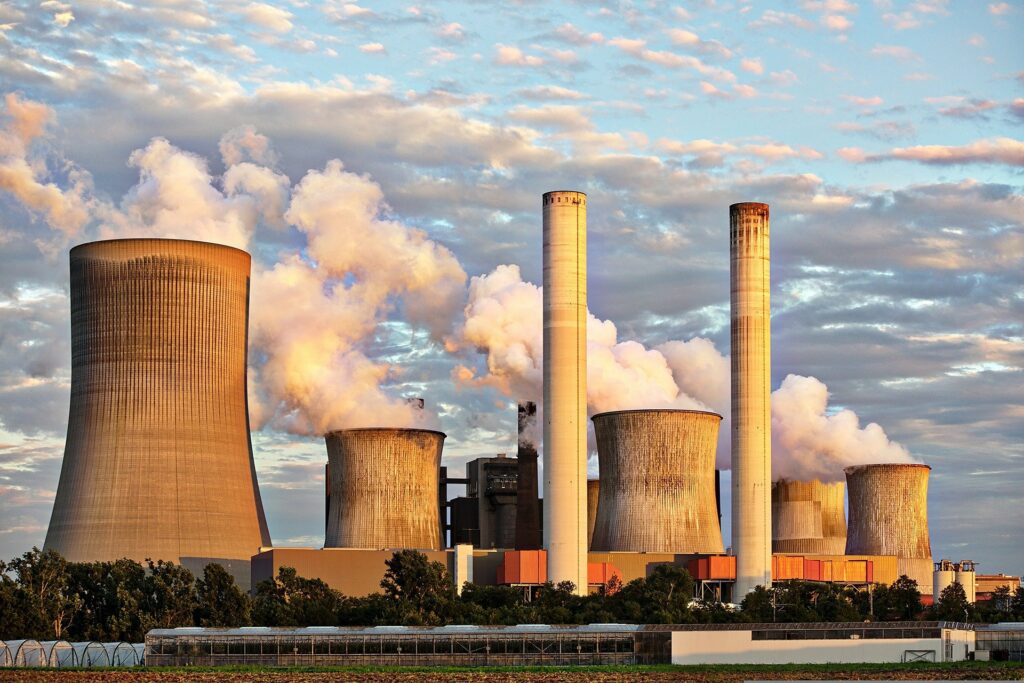
Short-termism prevailed in the push for nuclear power…

The Fourth Industrial Revolution – artificial intelligence in particular – has the potential to solve some of the current conundrums of the green transition…

Germany woke up too late to the risks of energy dependence on Russia. Moscow’s natural gas shutoff may make it one of the hardest-hit EU economies…

Only a year ago, the International Energy Agency (IEA) argued that there was no need for investment in new fossil fuel supply in its net zero pathway…
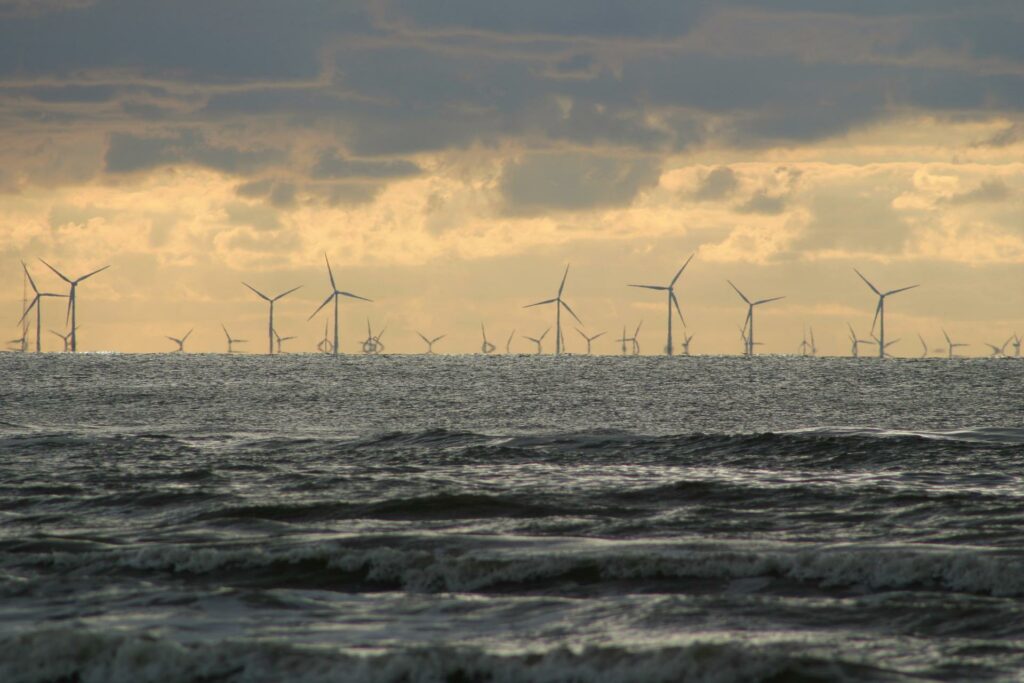
The United Kingdom attempts to balance energy and climate security by extending the productive use of its North Sea oil and gas fields…

It may seem ironic to talk about a new dawn for Lebanon in the midst of a crisis – and not any crisis – but “one of the top ten, possibly top three most severe economic collapses worldwide since the 1850s,” according to the World Bank…

Kazakhstan could supplant Russia as the leading supplier of uranium, the feedstock for nuclear energy, to the EU…